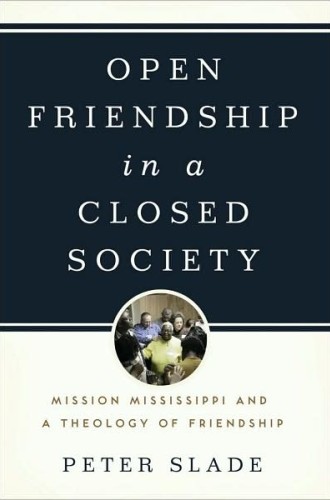Mission Mississippi
Anyone familiar with the civil rights movement knows the importance of Mississippi in that story. Countless citizens of that state, along with some key "outside agitators," risked their lives to open up a segregated society. That history has been recounted in John Dittmer's Local People: The Struggle for Civil Rights in Mississippi (1995), Charles Marsh's God's Long Summer: Stories of Faith and Civil Rights (1999) and Charles Payne's I've Got the Light of Freedom (2007).
Beginning this year, Mississippi public schools are required to include instruction on the civil rights movement in the curriculum for every grade. "To not know history is to repeat it. And to learn the good things about Mississippi and America and the bad things about Mississippi and America is important for every Mississippian," Mississippi governor Haley Barbour stated. Judging from his recent remarks downplaying the terror caused by the Citizens' Council in Yazoo City in those days, the governor might benefit from such instruction himself.
Much is known about Mississippi's racial past. But what about race relations today? Peter Slade, a former student of Marsh's, has addressed that issue by examining Mission Mississippi, an organization he calls "the largest sustained ecumenical racial reconciliation initiative in the U.S."





